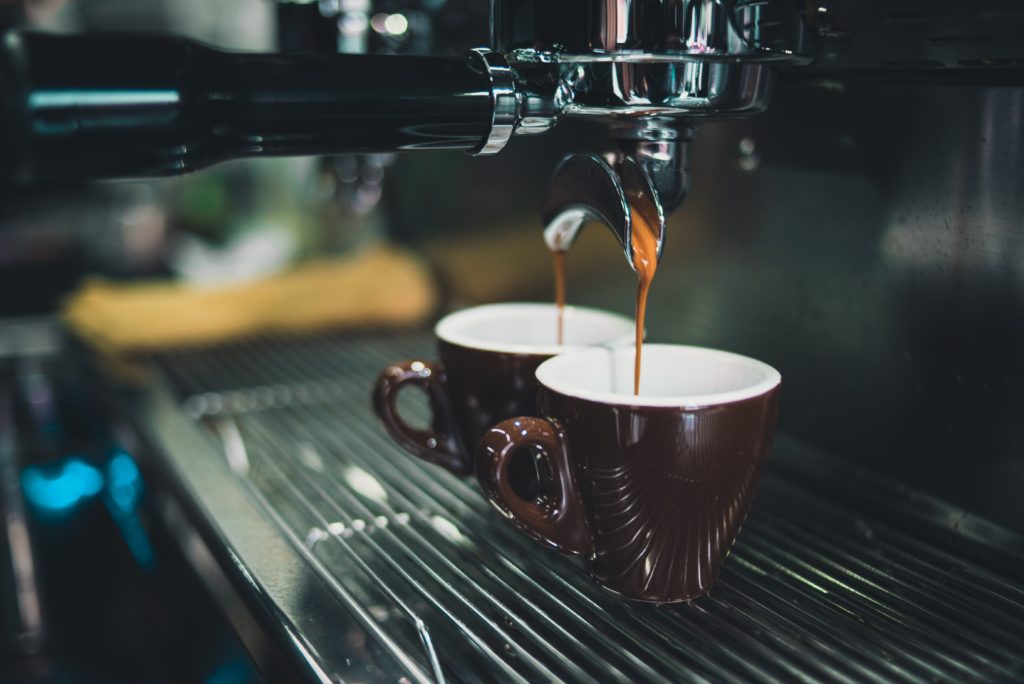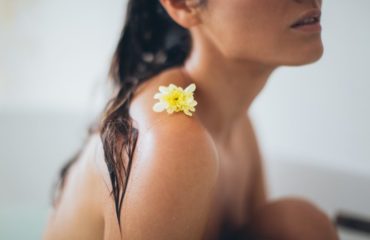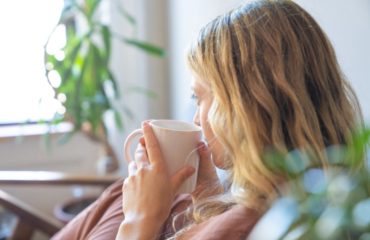
Experts from the Institute of Cognitive Modeling talk about how caffeine consumption affects the growth of anxiety, and why espresso is not the best drink.
Caffeine is a major trigger for anxiety, and although research shows that reducing caffeine consumption benefits people with anxiety disorders, even one cup a day is a major trigger for anxiety.
Think of caffeine as an “alarm booster.” For example, if your anxiety is at level 5, then a few hours after drinking caffeine, your anxiety is likely to be at level 8, which will rise to 10 or more in the evening.
Also, if you sleep poorly at night, your anxiety will be even higher in the morning. But then you will most likely get your morning caffeine fix, which will start the same process again.
The researchers looked at the effects of caffeine on patients with generalized anxiety disorder (GAD) compared with healthy subjects and found that patients with GTR were abnormally sensitive to caffeine.
This link between caffeine and anxiety is not obvious, because we temporarily feel good after consumption, and the anxious effects are felt only after a few hours.
The peculiarity of caffeine is increased mobility. The caffeine molecule is so small that it reaches the brain in just 20 minutes, easily passing the blood-brain barrier. Once a molecule is found in the brain, it blocks the absorption of adenosine, a neurotransmitter that signals the brain to drowsiness. Plus, caffeine stimulates the central nervous system, slightly increases blood pressure.
The fact that caffeine is associated with panic attacks, the experiment proved. It turned out that 52% of people experienced panic attacks or anxiety after drinking coffee and caffeine. The same reaction was observed in 41% of first-degree relatives. And before that, people never had panic attacks. In some cases, caffeine caused hallucinations. This is how the combination of caffeine and high stress worked.
Caffeine is not only found in coffee. It is also present in black and green tea, carbonated water, energy drinks, so to eliminate caffeine, you also need to exclude these drinks.
By the way, the refusal of caffeine gives a full-fledged withdrawal syndrome. It is manifested in headaches, muscle aches, fatigue, apathy and depression.
Therefore, if you suffer from anxiety disorders and are addicted to coffee, you should reduce the amount gradually.
If you are not ready to give up caffeine forever, then at least try to eliminate it for 60 days and monitor your anxiety level during this period to notice any differences.
Recommendations:
1. Drink more water throughout the day to maintain hydration and facilitate the excretion of caffeine.
2. Start drinking a variety of herbal teas. The best anti-anxiety teas are chamomile, valerian root and oat straw.
3. If you experience symptoms of caffeine withdrawal, such as a headache, take a caffeine-free painkiller if necessary.
4. Breaking the habit of drinking coffee can be difficult. If you still want to drink a cup from time to time, you should first avoid coffee for at least six weeks to completely detoxify the body.




